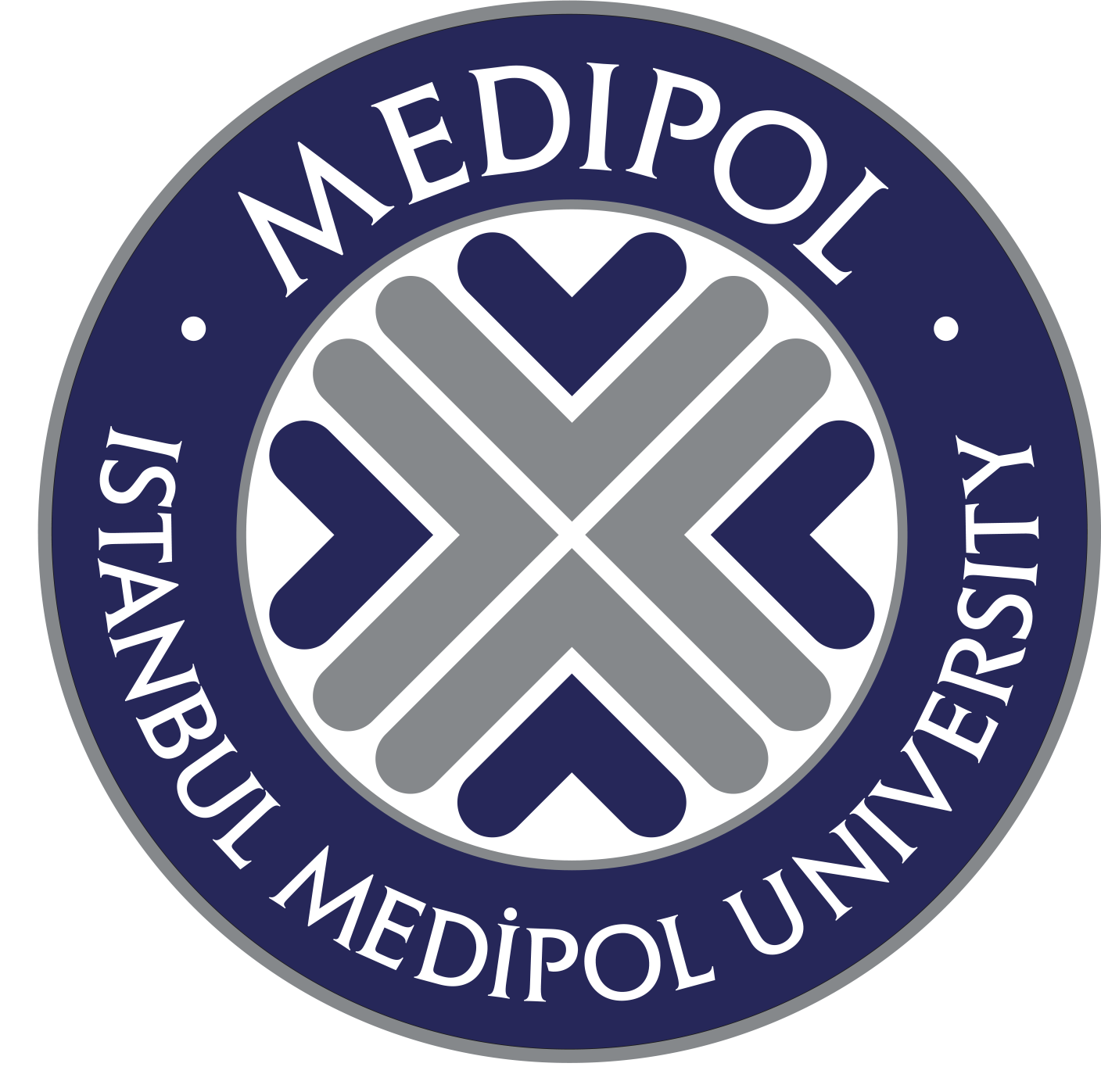Preparing students for the real world of business

Sponsored by

Sponsored by

Offering undergraduate and postgraduate options in business, management and informatics, Medipol Business School marries theory with practical application to ensure career success
As the financial and industrial heart of Turkey, Istanbul is a prime location for students of commerce. The main aim at Istanbul Medipol University’s Business School is to equip graduates with the theoretical knowledge and practical skills they need to thrive.
There are six key pillars in its approach: knowledge, comprehension, application, analysis, synthesis and evaluation. All programmes within the school are focused on not only career success but also professional ethics and intellectual freedom.
Medipol Business School (MBS) has eight departments and 11 undergraduate programmes, including a number delivered in English. Programmes cover key areas such as business administration, international trade and finance, logistics management, management information systems, banking, human resources and aviation.
There are seven graduate programmes, including a master’s and PhD in business administration, a PhD in management and strategy, master’s and PhD programmes in banking and finance, and a master’s in business informatics and data science.
MBS knows that theory alone is not enough for graduates to succeed in the real world. Programmes are geared towards the practical application of knowledge with faculty considering current industry dynamics when designing curricula, ensuring the content is abreast of what’s happening in today’s challenging business environment.
The school does this by consulting with industry, and experts are regularly invited into the faculty to participate in classroom teaching. This gives students exposure to the latest market trends and helps them plan their future careers. Students must gather at least 25 per cent of their credits from elective courses, a requirement that encourages them to acquire knowledge from other disciplines.
Students develop competencies by completing research assignments and individual or group projects within their courses. Through these projects, they can apply theories, work with student societies inside and outside Medipol, and participate in interactive sessions to develop their professional skills.
Alongside traditional academic skills, a ‘design thinking’ approach encourages students to develop their ideas with a user or customer focus. All courses begin with a methodology module so students can build their organisational skills and plan how their research will evolve.
Medipol has become one of the top-performing foundation universities in Turkey in terms of research. In 2019, the university submitted 78 proposals to the Scientific and Technological Research Institution of Turkey. Of these, 21 were supported with financial backing of around TRY 8 million (£238,000), and 23 projects have been approved by the Scientific Research Projects Commission.
This success is in no small part due to the innovation that MBS brings to its teaching. Its entrepreneurship course considers local and global contexts and includes an internship and graduation project that prepares students for the business world when they leave.
Looking forward, MSB has a number of priorities for sustaining its research impact and students’ career success. It wants to enhance research programmes through tactical faculty hires and the foundation of research centres, strengthen industry partnerships with local and global businesses, promote interdisciplinary collaboration to address complex business challenges, provide students with more experiential learning opportunities, and enhance student support services.
Find out more about Medipol Business School.